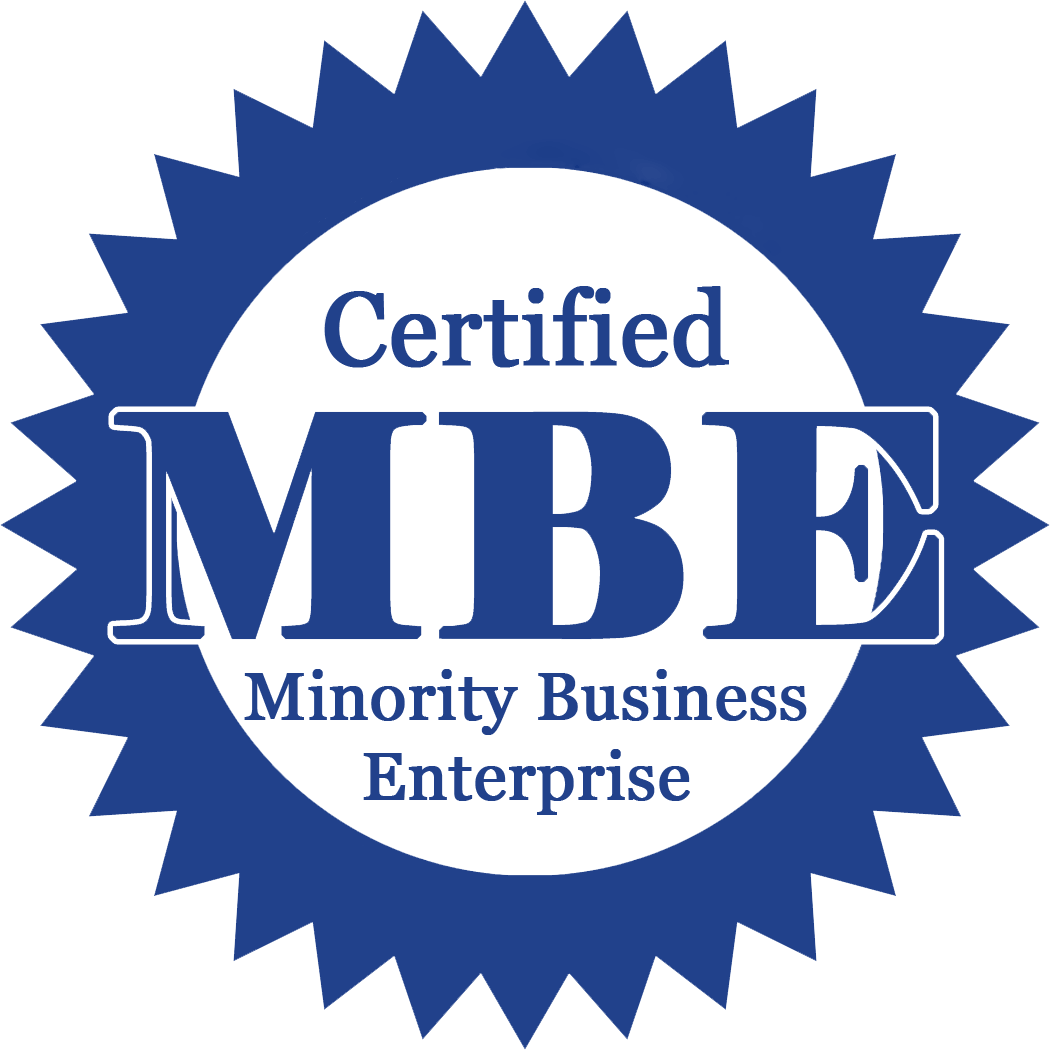It is fully recognised that any organisation, commercial or otherwise, can streamline their operations in some, if not all ways, by employing modern technologies (Porter & Miller 1985). As Duke et al (1999) point out; conducting business electronically provides organisations with the ability to offer substantial added value to customers (in terms of price, speed, delivery options, choice etc) and greater efficiency and control of many different business processes. The challenge that faces the modern commercial organisation who wishes to do business on the web is to fully integrate a strategy which involves integrating their existing infrastructure, business processes and structures into a comprehensive plan using IT and web technologies. Many businesses have floundered in their quest (Kotha 1998) to move into e-commerce when they failed to understand the gamut of issues that must be fully addressed to integrate their operations into a successful e-commerce model (Venkatraman 1998, Kotha 1998) this applies to both pure and partial e-commerce organisations. The different types of business an organisation can conduct on the web does not just mean selling products to public consumers but also entails buying from suppliers, selling to suppliers through agents (intermediaries), electronic procurement, business process outsourcing and many other types of transaction, all made possible as a direct result of technological advancement. The many advantages that the business will aim to gain are savings in costs and time, reduction or elimination of the paper office, better control of stock and inventories, increased overall processing times and improved and better control of marketing operations. Without doubt one of the advantages that result when an organisation starts to trade on the web is the fact that many more markets are opened up that wouldn't have been accessible before.
Survey Software Easy to use and accessible for everyone. Design, send and analyze online surveys.
Research Suite A suite of enterprise-grade research tools for market research professionals.
Customer Experience Experiences change the world. Deliver the best with our CX management software.
Employee Experience Create the best employee experience and act on real-time data from end to end.




